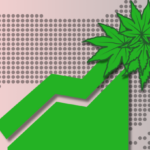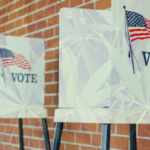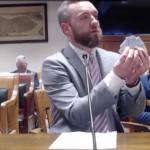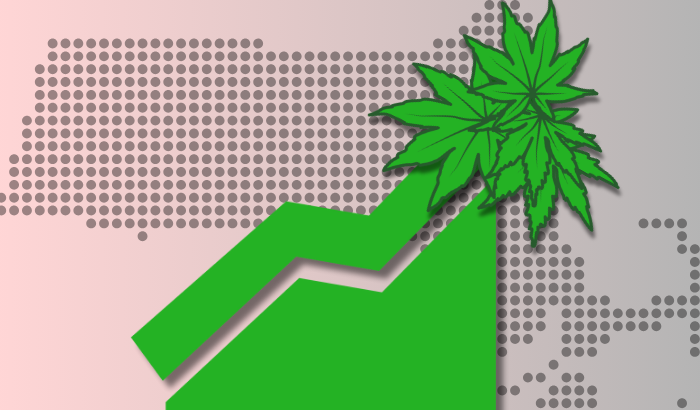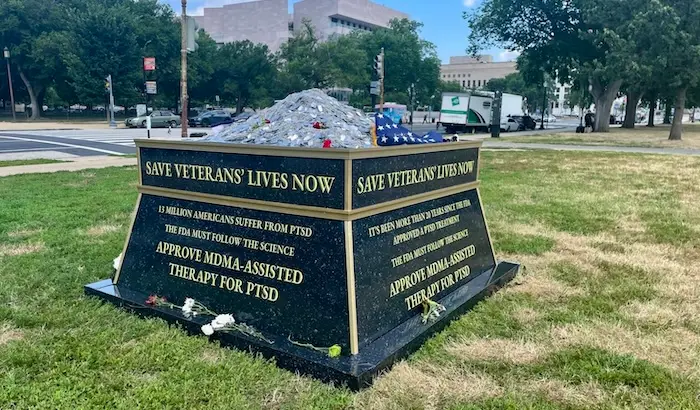
“Cognitive instabilities are different for every single human being, and we need tools to put in our proverbial toolbox … to affect change.“
US lawmakers and veteran advocates joined forces outside the US Capitol Wednesday to ask the Federal Drug Administration (FDA) to approve an emerging treatment for PTSD – MDMA, or ecstasy, to assist therapy sessions.
An art installation of 150,000 dog tags accompanied the press conference, a display speakers said illustrated the lives of veterans ended by suicide since 9/11. Veterans put the dog tags on the installation during the event, according to a release.
“This is the most concrete way to address the veteran suicide epidemic,” Juliana Mercer, director of veteran advocacy and public policy for nonprofit Healing Breakthrough, said. “My fellow veterans and I have given our lives and sacrificed our well being for this nation, and now it’s our turn to fight for them.”
Veterans are 1.5 times more likely to die by suicide than their non-veteran counterparts, according to American Addition Centers. That rate increases in women and younger veterans.
The speakers said the use of MDMA-assisted therapy could help reduce suicide rates for veterans with PTSD. US Rep. Jack Bergman (R-Watersmeet), along with other speakers, said the care could be more effective than any other emerging treatments.
“Psychedelic assisted therapies have the potential to be the first genuine advancement in the treatment of veterans’ mental health in decades,” Bergman said.
A study from Nature Medicine, a peer-reviewed medical journal, found ecstasy can ease the symptoms of PTSD in a diverse population.
71% of the 52 people who received MDMA-assisted therapy lost their diagnosis after three sessions, according to the study.
The FDA is expected to make a decision about whether to allow the use of MDMA-assisted therapy on Aug. 11. A panel of advisers for the administration rejected the use of psychedelics for therapy earlier this summer.
The advisory panel cited a lack of substantial research and possible health side effects, but their lack of endorsement does not mean the FDA cannot approve the therapy later on.
Paul Holtzheimer, who works at the Veteran Affairs’ National Center for PTSD, encouraged the study of psychedelic treatment during the FDA advisor meeting, but he warned that authorization now might be premature, according to reporting from the Associated Press.
But speakers at Wednesday’s press conference said veterans needed the therapy urgently, as people with PTSD are dying by suicide everyday.
“I want to remind the FDA, those in the administration, that every day you wait, every day you put this off, is another 17 to 44 veterans,” said US Rep. Lou Correa (D-Calif.). “They’re losing lives on a daily basis.”
US Rep. Morgan Luttrell (R-Texas) explained his experience as a veteran accessing psychedelic treatment in another country, even though he said he did not have PTSD. Luttrell said that everyone is impacted differently by serving in the military, so the country should have a wide range of treatment options for veterans, including MDMA.
“Cognitive instabilities are different for every single human being, and we need tools to put in our proverbial toolbox, to affect change, to decrease symptomatic issues, to increase quality of life,” Luttrell said.
Speakers vowed continued dedication to gain approval from the FDA for MDMA-assisted therapy sessions, even if the administration does not allow it this year.
“In August, if the FDA comes back with a result that we do not care for, we will continue to conduct research,” Luttrell said. “We will continue to move forward every single day because our service members deserve that, our veterans deserve that, the families deserve that.”
If approved later this summer, the VA will include the treatment in its health care system, according to a release from nonprofit Heroic Hearts Project.
This article was republished from the Michigan Advance under Creative Commons license CC BY-NC-ND 4.0. You can read the original version here.






